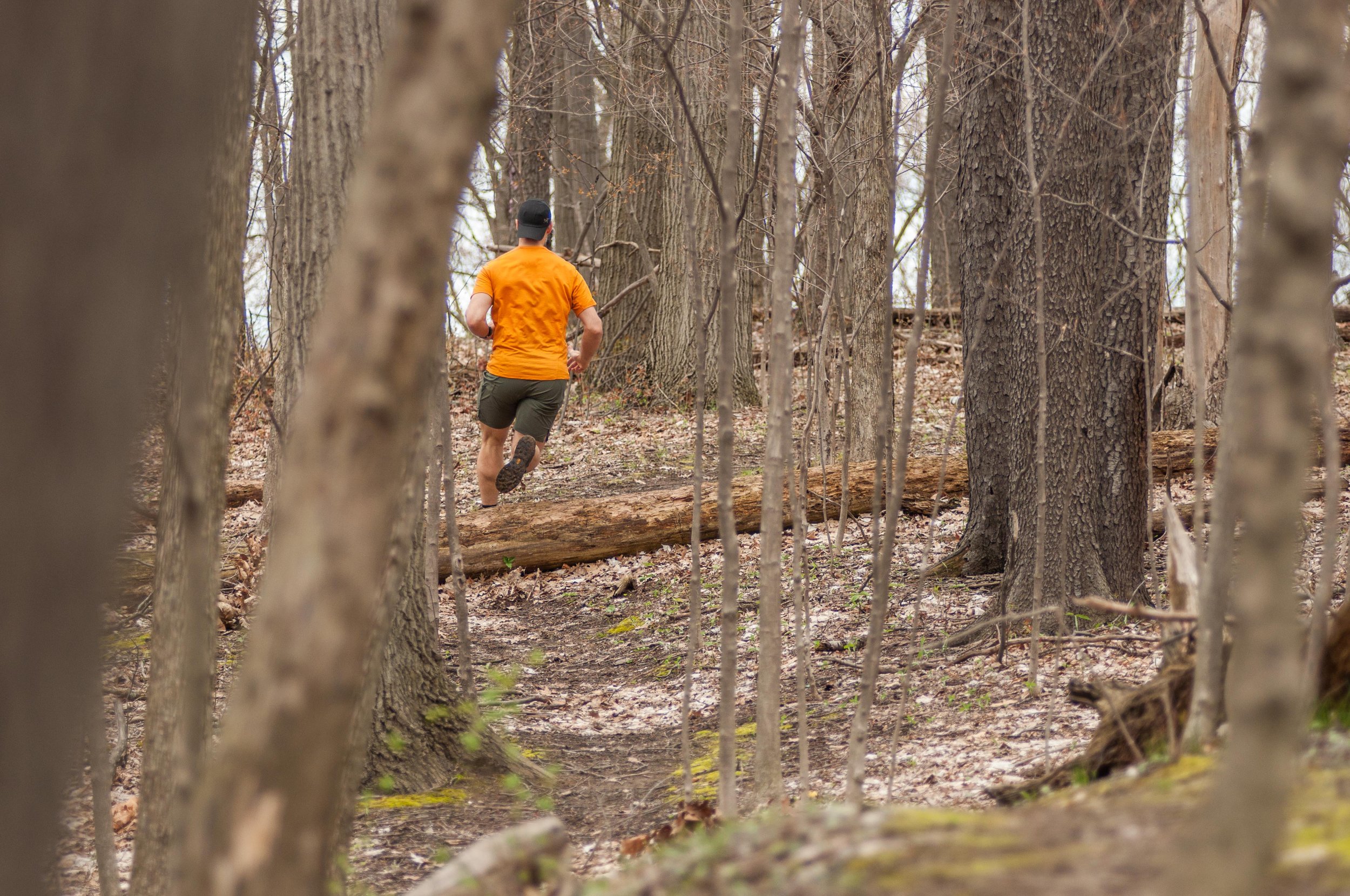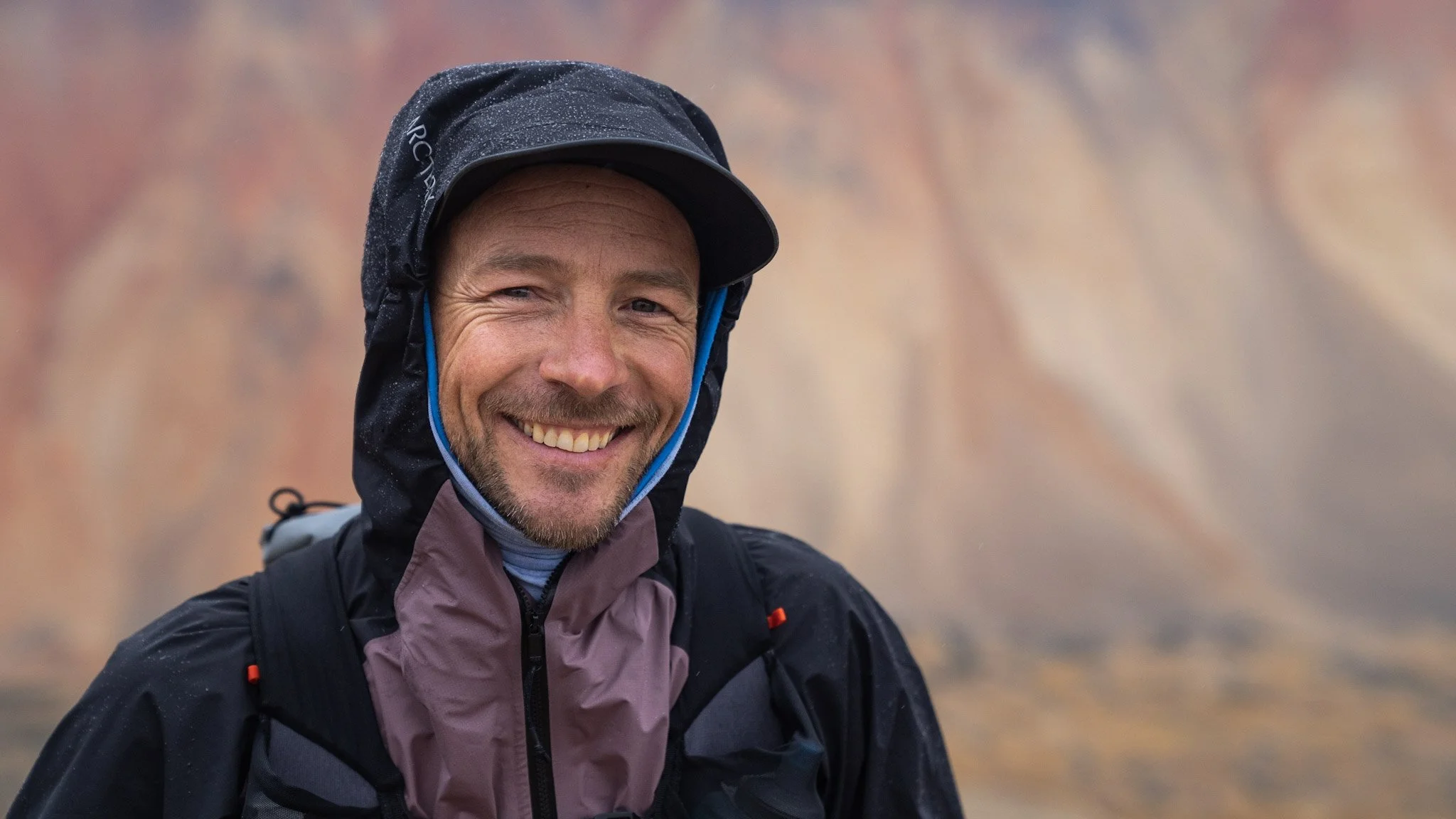
PHYSIOTHERAPY FOR RUNNERS IN BRANTFORD
Brantford! Get ready for the demands of running
Proud partner with the Arc’teryx Sky Running Team
Sure…you can run through pain but it’s limiting your enjoyment and performance
Nick is our local Brantford physio trained to help you come up with a plan to get you running your best again. He works with elite and recreational climbers alike to address injuries and performance issues. Reach out if you need help with …
Rehabilitation (ex. Bone Stress, Knees, Hips, Low back, Neck)
Mobility (Ankle, Hip, Back)
Strength & Conditioning (Quads, Hamstrings, Core)
Our 3 Step Process
Discover the root cause
Our physiotherapists will discuss and evaluate your individual issue with you. Through a thorough assessment they’ll identify what factors are contributing and how they can help solve your problem.
Come up with a plan
We’ll work with you to come up with a plan that’s individualized to you and helps you get back to what you love. This plan will consider what was found during the initial assessment and also your personal goals and preferences.
Return to running better
We don’t just want you to be symptom free, we want you to return to running stronger than before your injury. This can involve addressing issues with strength, power, and/or mobility.
Stop running through pain and let’s make a plan to get you back to your best!
Words from our runners
Running Rehabilitation
FAQs
Can I run through pain?
Generally speaking we find that running through pain leads to problems down the trail - pardon the dad joke. There may be some circumstances where running through pain will be okay but often we see pain during running as a sign that something needs to change. This could be as simple as modifying the type of running you’re doing or incorporating more rest days. On the other hand, it may entail moving to a walk/run program or focussing on a progressive rehab and strengthening program.
Why do I need to include walk/run’s in my program?
Running is a sport that loads the bones, tendons and muscles differently then many other tasks and sports. For instance, the repetitive, consistent stretch shorten and impact cycles that the tendons and bones go through in a long run are unlike most other activities. These cycles are critical to prepare the body for and a walk/run program is often a great early re-introduction to the forces associated with running after a period of de-conditioning, complete rest or as a regression if pain is limiting running.
How can strength training improve my running?
Like in other sports, many runners think the only way to get faster / better at running is to run more. Now we don’t disagree that to get better at running you need to be running a certain amount but what we’ve seen with novice and elite runners alike is that a proper strength training program tends to reduce injury risk and also improve performance.
How do I prevent injuries as a runner?
Short of eliminating running, preventing injuries in running, or any sport for that matter, is not possible, so instead what our physiotherapists talk about is injury risk reduction. The foundation of injury risk reduction starts with a well thought out and adaptable running plan which ultimately begins with identifying a goal. Assuming there is a solid run plan in place, the next critical aspect to injury risk reduction in runners is to include a progressive pure strength program in your overall training plan.








